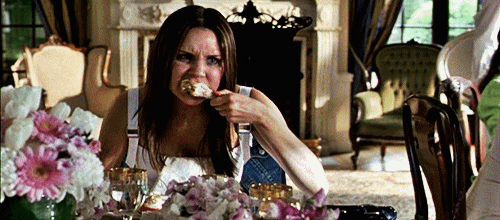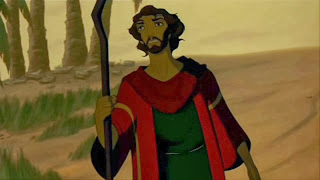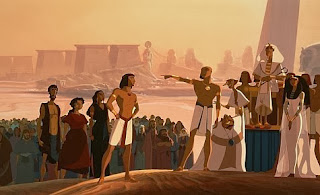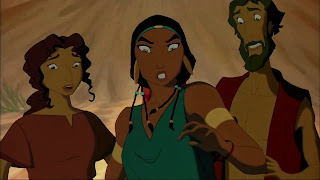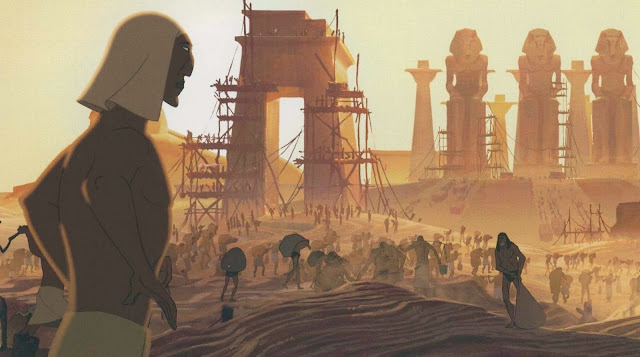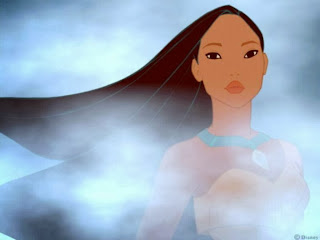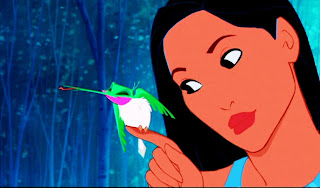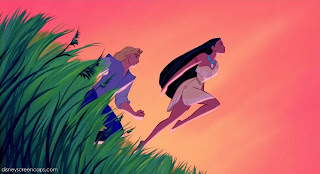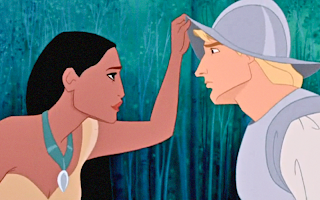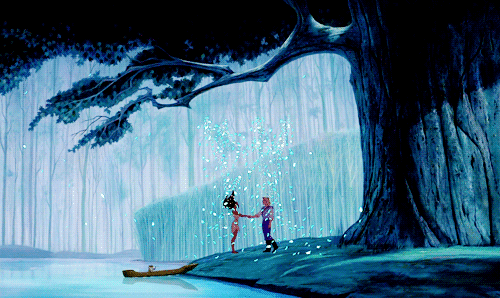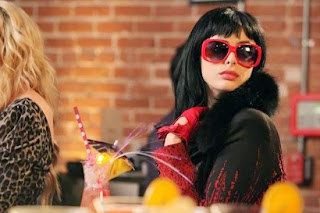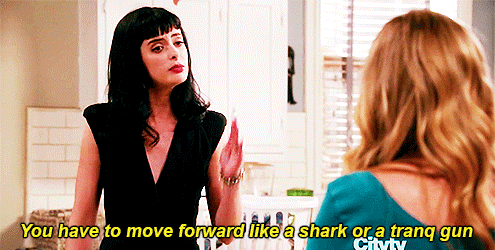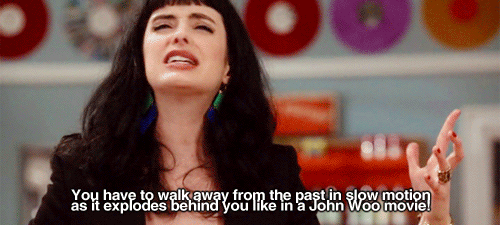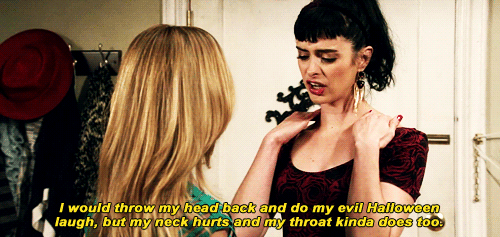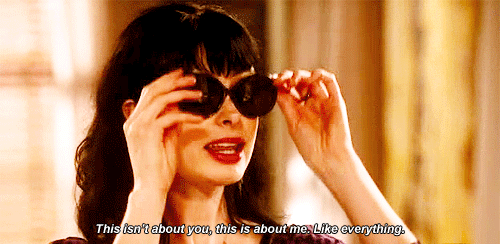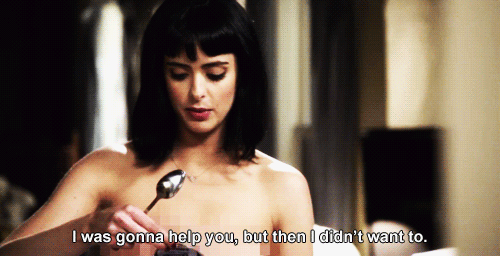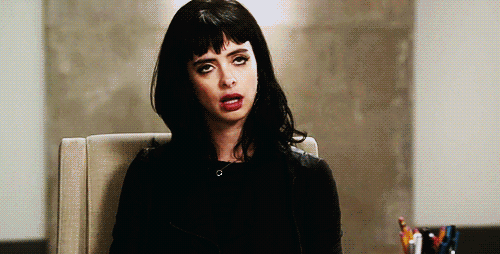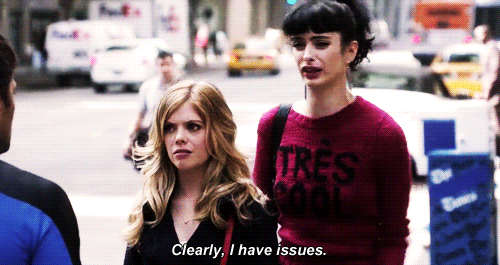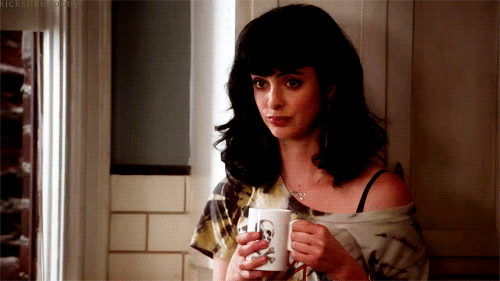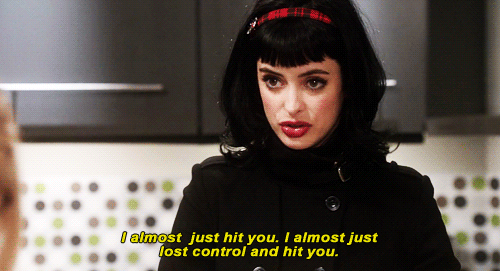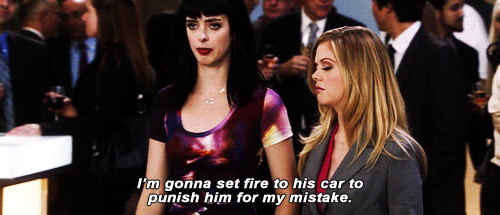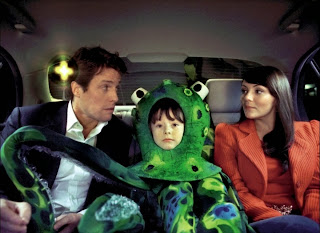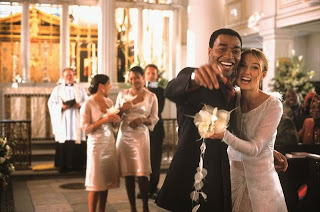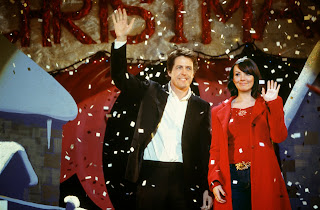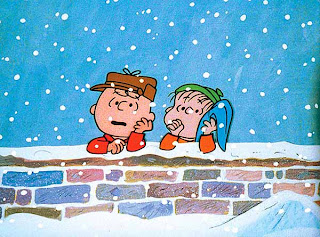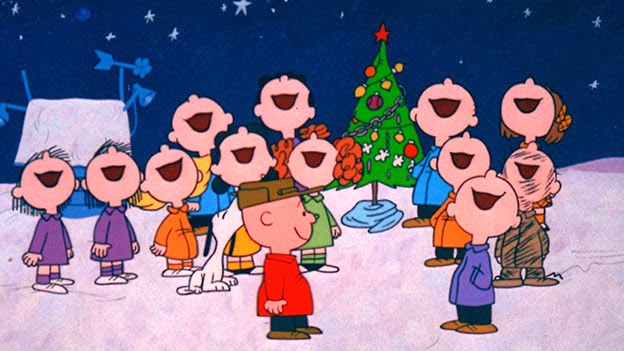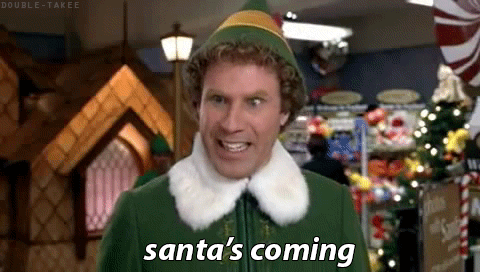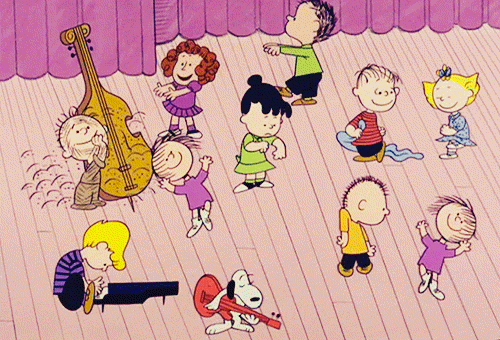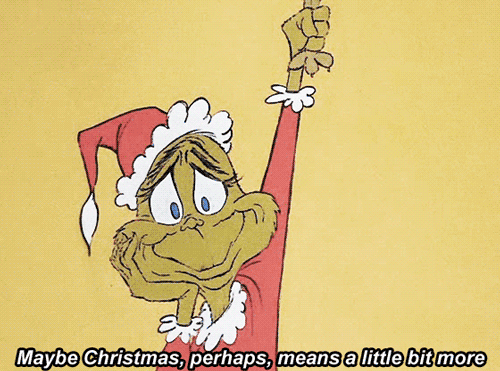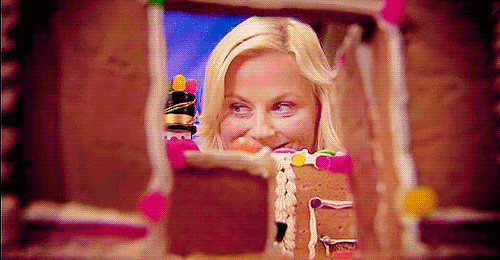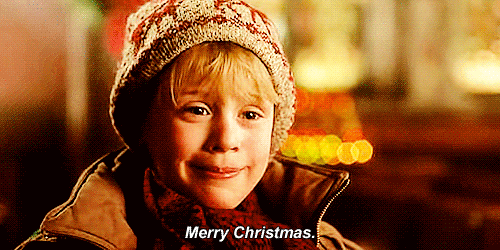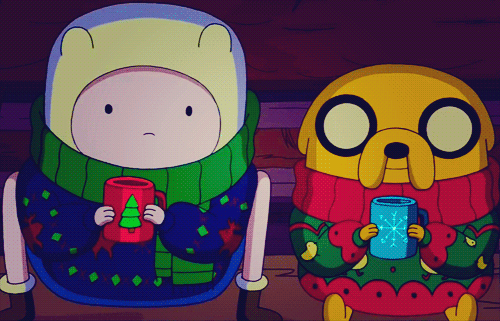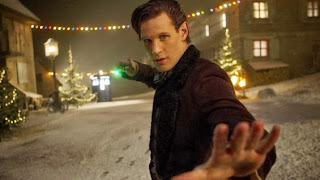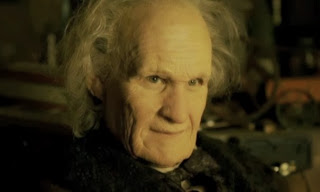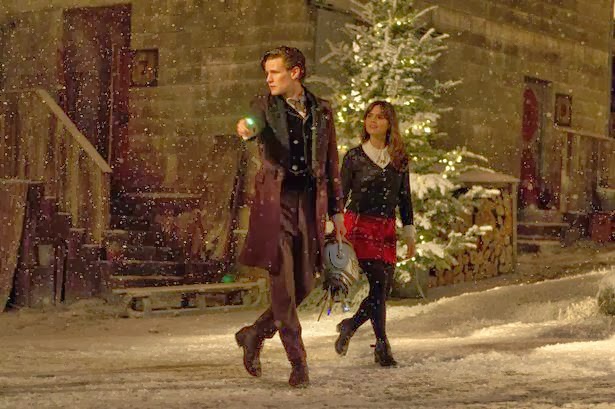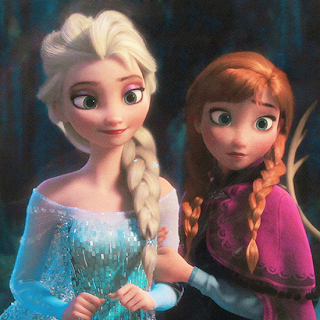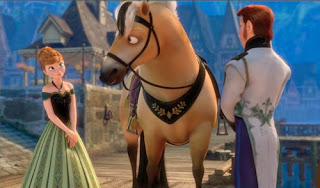I know you’re all impatient to get to talking about Day of the Doctor, or at least I am, but I need a little bit longer to cook my opinion, so in the meantime, let’s talk about one of my absolute favorite animated films, and also one of the weirdest things I’ve ever seen.
You guessed it (from the title), we’re talking about The Emperor’s New Groove.
One of the lesser known Disney films, The Emperor’s New Groove came out in 2000, just as Disney was starting to slide into mediocrity again at the tail end of its “Renaissance”. Starring David Spade as the voice of Kuzco, an Incan emperor in pre-colonial South America, the story is weird, original, and surprisingly progressive for Disney. Which was borne out when the film was released to solid numbers, but bad ones for Disney. The company made a couple of direct-to-video sequals, then pretty much just let this thing rot.
Which is a real shame, because digging in a little deeper, the film has a couple of things very few other Disney films, or kids films at all, can claim: actually good life lessons.
Also it’s hilarious.
I figure you know what I’m talking about. When you start to think at all critically about children’s films you begin to realize that most of the morals here are either neutral in their morality or actually downright harmful, the kind of thing you wouldn’t want any child to learn, no matter how annoying he is.
I’m talking about how Beauty and the Beast condones domestic violence, and how The Little Mermaid is about changing yourself to be more attractive (and also stalking), and how Sleeping Beauty and Snow White both glorify date rape, and Pocohontas is blearily racist, and so is Peter Pan, and so on and so on and so on.
Really, when you come down to it, there aren’t very many kids’ movies that don’t have a disastrous moral lesson attached.
Except for this one. Which is pretty funny. The movie, which was originally conceived as a more standard Disney flick based around Hans Christian Anderson’s story “The Emperor’s New Clothes”, eventually ended up as both a surrealist exploration of South America, and as one of the few childrens’ movies with a decent ending.
Like I said above, the movie is about Kuzco, an Incan emperor, who rules absolutely and loves every single second of it. Having been considered a divine leader since his birth, Kuzco has a sense of entitlement big enough to choke a man. He has no sense of proportion or humility. His people adore him because they have to, and Kuzco sees nothing wrong with that. So when he wants to build a new summer palace, the emperor sees nothing wrong with picking a spot already occupied: a sweet little mountaintop village, inhabited by the gentle farmer Pacha (John Goodman) and his family.
Unfortunately for Kuzco, his chief advisor, Yzma (Eartha Kitt), kind of sort of hates his guts with the fire of a thousand suns, and is plotting to kill him. But she can’t just kill him kill him, mostly because that isn’t diabolical enough for her. She’s not the most complex of villains.
Eventually, Yzma decides to just poison Kuzco. That way he’ll die and she can rule the empire. But since her assistant, Kronk (Patrick Warburton), was chosen for his studly good looks rather than his mental capacities, it all goes wrong and instead of ending up dead, Kuzco ends up a llama. And then instead of ending up drowned, Kuzco winds up in a sack on the back of Pacha’s cart, headed out of the city.
Hijinks ensue.
Or rather, Yzma decides that if Kuzco isn’t really dead then they have to go after him and finish the job. But Kuzco, who wakes up a llama and is very displeased, has made a deal with Pacha to help him get back to the palace. If Pacha gets him there in one piece, then he’ll agree to build his summer palace somewhere else. Yay!
What commences is a race to the finish line, full of weird adventures, emotional growth, and lots of jokes that only adults will get. Kuzco tries to go back on his word about every five minutes, while Pacha deeply questions his life choices and why he is so honorable as to save the life of a man (llama) who is perfectly happy ruining his. Yzma and Kronk are hilarious and diabolical – well, Yzma is diabolical while Kronk is mostly good-natured and lovable – and the whole story flows with a sort of zingy, madcap feel.
Which is to say that it’s very good and I like it. But the ending is what I like best.
By the end of the film, our heroes have finally made their way back to the palace, only to find Kronk and Yzma waiting for them with the proper potion to turn Kuzco human again. There’s a scuffle, some attempts at magic, and finally a decision. Pacha hangs from the edge of a ledge, dangling and about to fall to his death. The vial that contains the all important potion hangs off of another ledge. Kuzco can’t reach both. What does he do?
Well, this is a Disney movie, so he saves Pacha, and then together they get the other potion. All good and standard, right? Kuzco learns his lesson and builds his summer palace somewhere else, Yzma gets turned into a cat, and Kronk gets to go off and live a life of peace and quiet and teaching small children how to talk to squirrels.
Have I mentioned that Kronk is my favorite character? Because Kronk is my favorite character. In pretty much everything. We’ll get to that more in a bit.
So Kuzco learns his lesson, that his problems aren’t actually the center of the world, and everyone gets a nice happy ending. And that’s good, don’t get me wrong. That does in fact happen. But it’s a little bit more subversive than that. You see, the ending, where we actually get to see that Kuzco has learned his lesson shows us that in addition to learning that Pacha’s livelihood has value and that he shouldn’t be so selfish, Kuzco actually comes to repudiate his status as emperor. Not insofar as he actually gives up the throne, but enough that instead of building a summer palace (near Pacha’s house, instead of on top of it), Kuzco builds a little hut.
Okay, I get that this seems really tiny and insignificant, but it’s not. It says something a lot deeper than, well, pretty much everything else.
It means that Kuzco didn’t just learn humility, he also decided that some of the trappings of his office were actually unfair. He didn’t inherently deserve more than Pacha did. And so, he decided to be Pacha’s equal. That is big, guys. Bigger than big. That’s huge.
I mean, we talk a lot about the real hidden messages in movies on here, but I think this is one of the cooler ones. Kuzco comes out of his ordeal with a new perspective on life, and it’s one that is shockingly anti-wealth. Which is great. The Emperor’s New Groove is a story about a spoiled young boy who learns humility, respect for others, and that material goods only matter insofar as you let them.
Which is awesome, and also probably explains why Disney is so happy to forget about this movie. Because how the hell do you merchandise that?
One last thing before I go. Kronk. Let’s talk about Kronk. Or, more specifically, let’s talk about how Kronk, despite being kind of sort of the bad guy, is actually the most moral person in the entire film. I just, I just love him. I love how he’s super sensitive and sweet, how he looks like he should be Yzma’s henchman and muscle, and he’s clearly supposed to be, but Kronk is much happier making spinach puffs and hosting dinner parties and making friends with the wildlife. Basically, I love Kronk because instead of the normal henchman role, we got a huggy, sweet, happy man-child who just wants to do the right thing. And that’s fabulous. Also surprisingly progressive. So yay on all fronts.
The movie even passes the Bechdel Test. And all of the characters are non-white. And it takes place in pre-colonial South America. It’s weird and weird and weird and hilarious and I love it.
Okay. I’ll stop talking about this now.
Maybe.
Go watch it.














